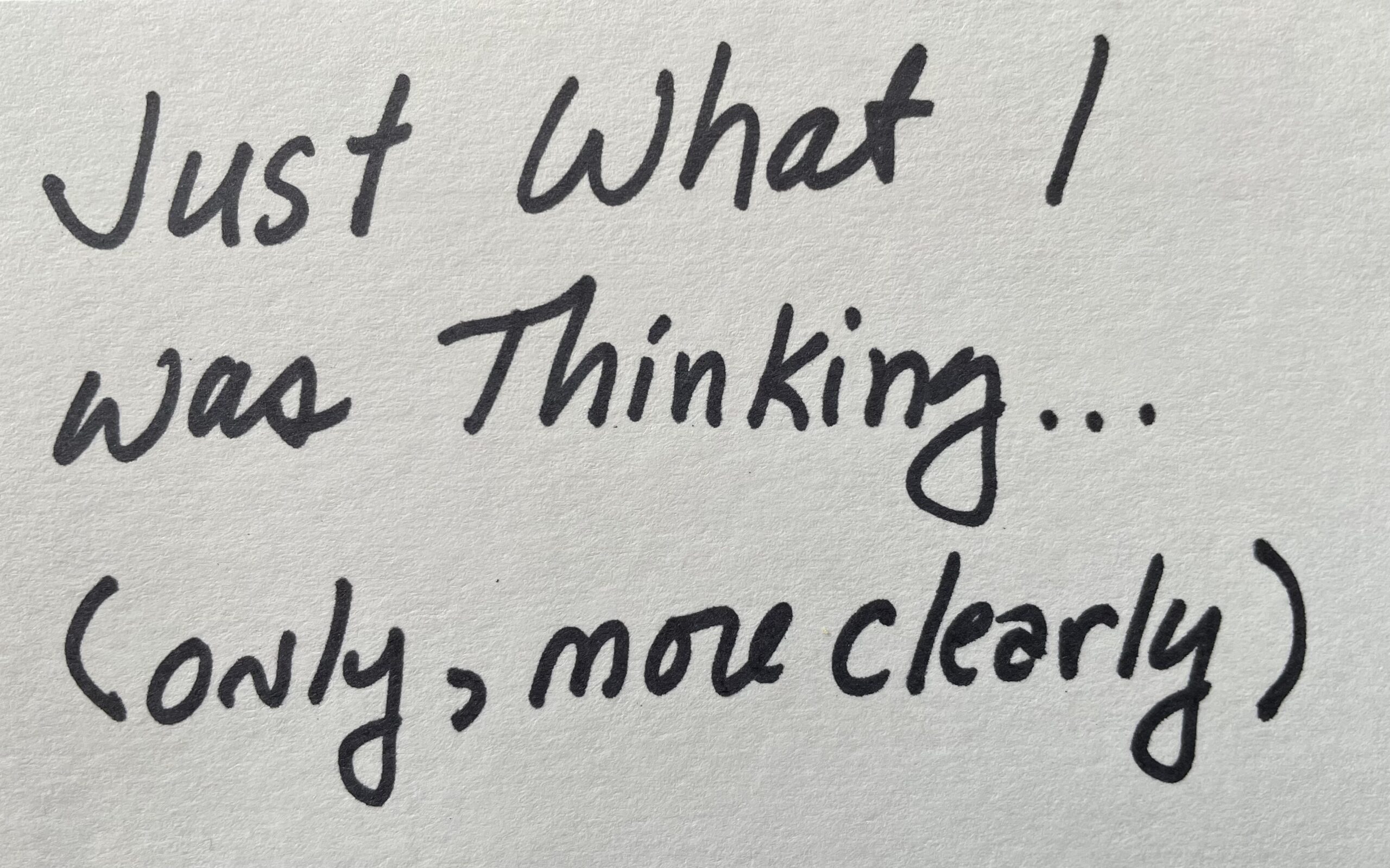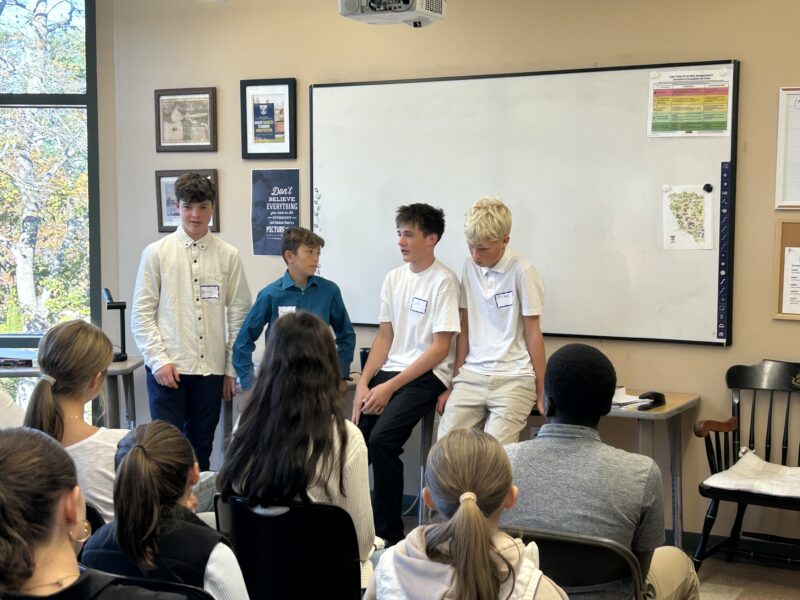
During my 35+- years as Hyde’s head of school and president, we experienced a back-and-forth flow of both good and bad financial times. More than a few times, I pondered Bard College president Leon Botstein’s characterization of leading a small college as tantamount to running something that is “a cross between a faltering corporation and a hotel.” (Substitute “boarding school” for “small college” and you’ve capsulized how I often felt.)
In my early days, I would respond to hard financial times with a decidedly defensive posture: cut expenses wherever conceivable (and sometimes not conceivable), batten down the hatches, and wait for better times. Then I remember Lennox K. (“Bim”) Black, an astute (and entrepreneurial!) chair of the Hyde board, saying to me, “You can’t just hunker everyone down in the fort and wait out the problem. At a minimum, you gotta have at least a few rabble rousers staging attacks down at your opponent’s fort. You have to play some offense.”
Bim’s wisdom popped into my head as I read Ezra Klein’s interesting piece in yesterday’s NY Times titled “What the Hell Happened to the California of the ’50s and ’60s?”
Much of it flows from a recent conversation he had with California governor Gavin Newsom. He writes:
California has become notorious not for what it builds, but for what it fails to build. And Newsom knows it. “I watched as a mayor and then a lieutenant governor and now governor as years became decades on high-speed rail,” he told me. “People are losing trust and confidence in our ability to build big things. People look at me all the time and ask, ‘What the hell happened to the California of the ’50s and ’60s?’”
Newsom may not be running a college or a boarding school, but it sure seems that climate change will not be solved with a strictly defensive posture. Sure, we need to recycle and limit/eliminate our use of fossil fuels. We also need to build the infrastructure necessary to create a new world that will carry humanity safely into the 22nd century.
And this problem is not unique to California. Klein stresses how difficult it has become to build… anything. And the problem lives at all levels. He quotes John Podesta, senior advisor to President Biden on clean energy: “These delays are pervasive at every level of government — federal, state and local. We got so good at stopping projects that we forgot how to build things in America.”
Just What I Was Thinking.
Onward, Malcolm Gauld



